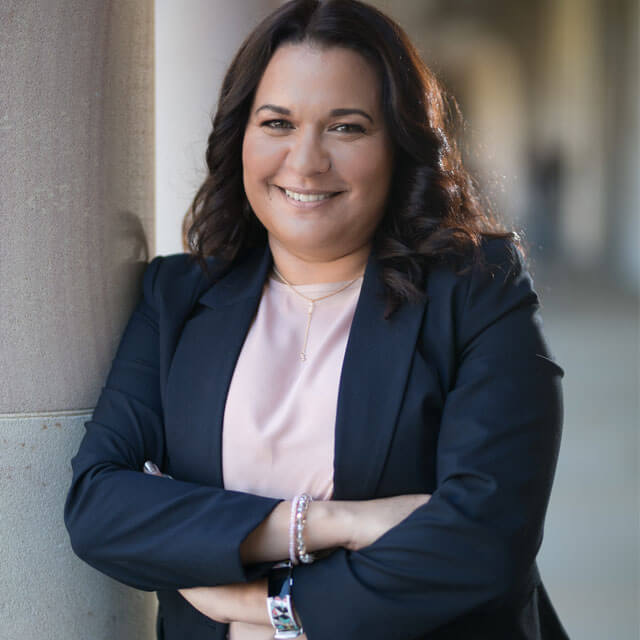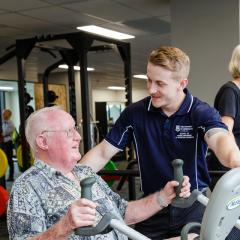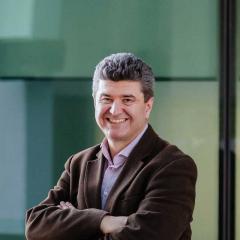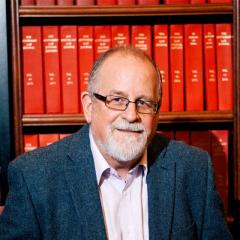 Dr Chelsea Bond is an Aboriginal (Munanjahli) and South Sea Islander Australian and an ARC DECRA Research Fellow in UQ’s Poche Centre for Indigenous Health.
Dr Chelsea Bond is an Aboriginal (Munanjahli) and South Sea Islander Australian and an ARC DECRA Research Fellow in UQ’s Poche Centre for Indigenous Health.
Through her research she strives for measurable change in the collective health of Indigenous communities.
Born and raised in Brisbane, Dr Bond is the first of her family to attend university. She studied Applied Health Sciences at UQ, proudly part of the first graduating cohort from UQ’s Indigenous Health Program, led by Emeritus Professor Cindy Shannon.
She had an early desire to explore a career in health as articulated in the first National Aboriginal Health Strategy in 1989: health is “a matter of determining all aspects of their life, including control over their physical environment, of dignity, of community self-esteem, and of justice. It is not merely a matter of the provision of doctors, hospitals, medicines or the absence of disease and incapacity.”
This overarching view of health was the means by which Dr Bond thought she could make a positive difference within her own community, describing her own interest in Indigenous health as relating to health “in its broadest sense”.
She points out that an integral aspect of effective health systems within Indigenous communities extends from the narratives of Indigeneity by which they are informed; and a lot of her current work hinges on addressing this key issue.
“I was always fascinated by the text produced about us as Indigenous peoples, in terms of the stories they tell about who we are,” Dr Bond said.
“Often they don’t align with our lived experiences and understandings of ourselves, yet they remain the authoritative account of us, which inform policies and practices that are imposed upon us, and which we are required to perform to.
“These narratives are important to contest, not simply because they are false, but because they contain a logic that maintains and even rationalises the persisting health inequalities we experience.”
In an effort to change the narrative, Dr Bond advocates for strength-based health promotion practice.
“In engaging a strength-based approach we take as our starting point possibilities rather than problems,” she said.
“It does not mean that we romanticise Indigenous peoples, communities and cultures, rather it means being open to the possibility that Indigenous people might possess some knowledge, skills and capacity to address the complex issues we face and/or maybe our knowledge, skills and capacity may be brought to bear for other reasons than solving a problem that we experience.”
The current study of the critical success factors for enabling Indigenous leadership across the health system could be a way forward. The subjects of the retrospective study of career trajectories, led by Dr Bond, are those who graduated from the Indigenous Health Program as her peers.
“Indigenous people working in the health system, wherever they are situated, the administrative officer, the health worker, the clinician, the specialist, the researcher, all are game changers.”
Words: Alice Graham



